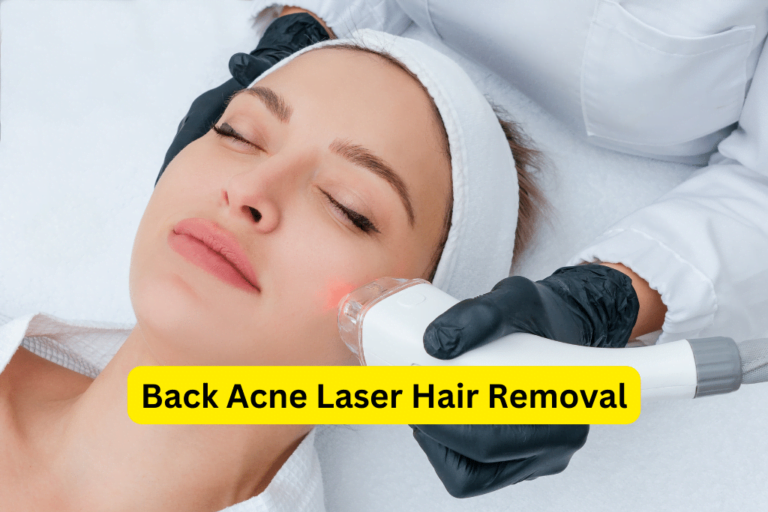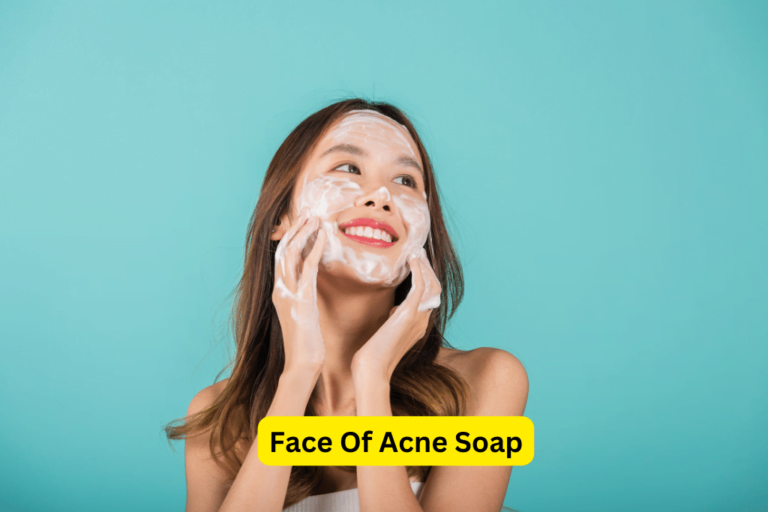Get Smooth Skin with Hormonal Treatment for Back Acne
Back Acne Hormonal Treatment
Back acne, also known as bacne, is a common skin condition that affects many individuals. It can have a significant impact on a person’s self-esteem and overall well-being. While there are several factors that can contribute to the development of back acne, understanding the role of hormones in this condition is crucial. Hormonal imbalances, such as those experienced during puberty or conditions like polycystic ovary syndrome (PCOS), can play a significant role in the development of back acne.
Understanding Hormonal Causes of Back Acne
Hormonal imbalances can contribute to the development of back acne. Hormones, such as androgens, stimulate the production of sebum, an oily substance that can clog pores and lead to acne. During puberty, hormonal fluctuations can trigger an increase in sebum production and, consequently, the appearance of acne. Other hormonal conditions, like PCOS, can also contribute to back acne. It is essential to understand these hormonal causes in order to effectively treat and manage back acne.
Hormonal Treatment Options for Back Acne
a. Topical Treatments
Topical treatments, such as retinoids or benzoyl peroxide, can be highly effective in treating back acne. These treatments work by reducing inflammation, unclogging pores, and preventing the formation of new acne. It’s important to note that consistency and patience are key when using topical treatments, as results may not be immediate.
b. Oral Medications
Oral contraceptives, commonly known as birth control pills, can be a hormonal treatment option for back acne. These medications can help regulate hormone levels and reduce the production of sebum. However, it’s important to discuss the potential side effects and considerations with a healthcare professional before starting this treatment.
c. Hormonal Therapy Drugs
In severe cases of back acne, hormonal therapy drugs such as spironolactone or isotretinoin may be prescribed. These medications work by blocking the effects of androgens, thereby reducing sebum production. However, these drugs may have potential risks and side effects, so they should only be used under the supervision of a healthcare professional.
Natural Remedies and Lifestyle Changes
a. Diet Modifications
Diet can also play a role in hormonal balance and the development of back acne. Including foods rich in antioxidants, such as fruits and vegetables, and avoiding sugary and processed foods can help promote clearer skin. It is also important to stay hydrated and consume an adequate amount of water.
b. Stress Management
Stress can exacerbate hormonal imbalances and worsen back acne. Engaging in stress management techniques, such as regular exercise, meditation, or therapy, can help reduce stress levels and improve hormonal balance.
c. Skincare Routine Adjustments
Adopting a proper skincare routine for the back can also help prevent and treat back acne. Use gentle cleansers and exfoliators specifically formulated for acne-prone skin. Moisturizing is also crucial to maintain the skin’s moisture balance. Additionally, taking regular showers, especially after sweating, and avoiding tight clothing can help prevent back acne.
Prevention Tips for Back Acne
a. Hygiene Practices
Maintaining proper hygiene is essential in preventing back acne. Regularly wash your back with a gentle cleanser and avoid scrubbing too harshly, as it can irritate the skin. It is also important to wash bedding, towels, and workout clothes regularly to prevent bacteria buildup.
b. Clothing Choices
Your choice of clothing can also impact the development of back acne. Opt for breathable fabrics like cotton and avoid tight-fitting clothing that can trap sweat and irritate the skin. Wearing loose-fitting clothing can help keep the back area dry and reduce the risk of acne formation.
c. Hormonal Balance
Maintaining hormonal balance is crucial for preventing back acne. Regular exercise, sufficient sleep, and reducing stress levels can help regulate hormone production and minimize the chances of hormonal imbalances.
When to Seek Professional Help
If self-treatment methods do not show significant improvement or if back acne is severe and causing distress, it is important to seek professional help. Dermatologists or healthcare professionals can provide expert advice and treatment options tailored to individual needs. It is important to choose a qualified professional experienced in treating back acne to ensure the best possible outcomes.
Conclusion
Understanding the hormonal causes of back acne is crucial for effective treatment and prevention. Whether it’s through hormonal treatments, natural remedies, or lifestyle changes, managing hormonal imbalances can lead to clearer, healthier skin. By implementing the prevention tips and seeking professional help when necessary, individuals can take control of their back acne and achieve the clear skin they desire.









